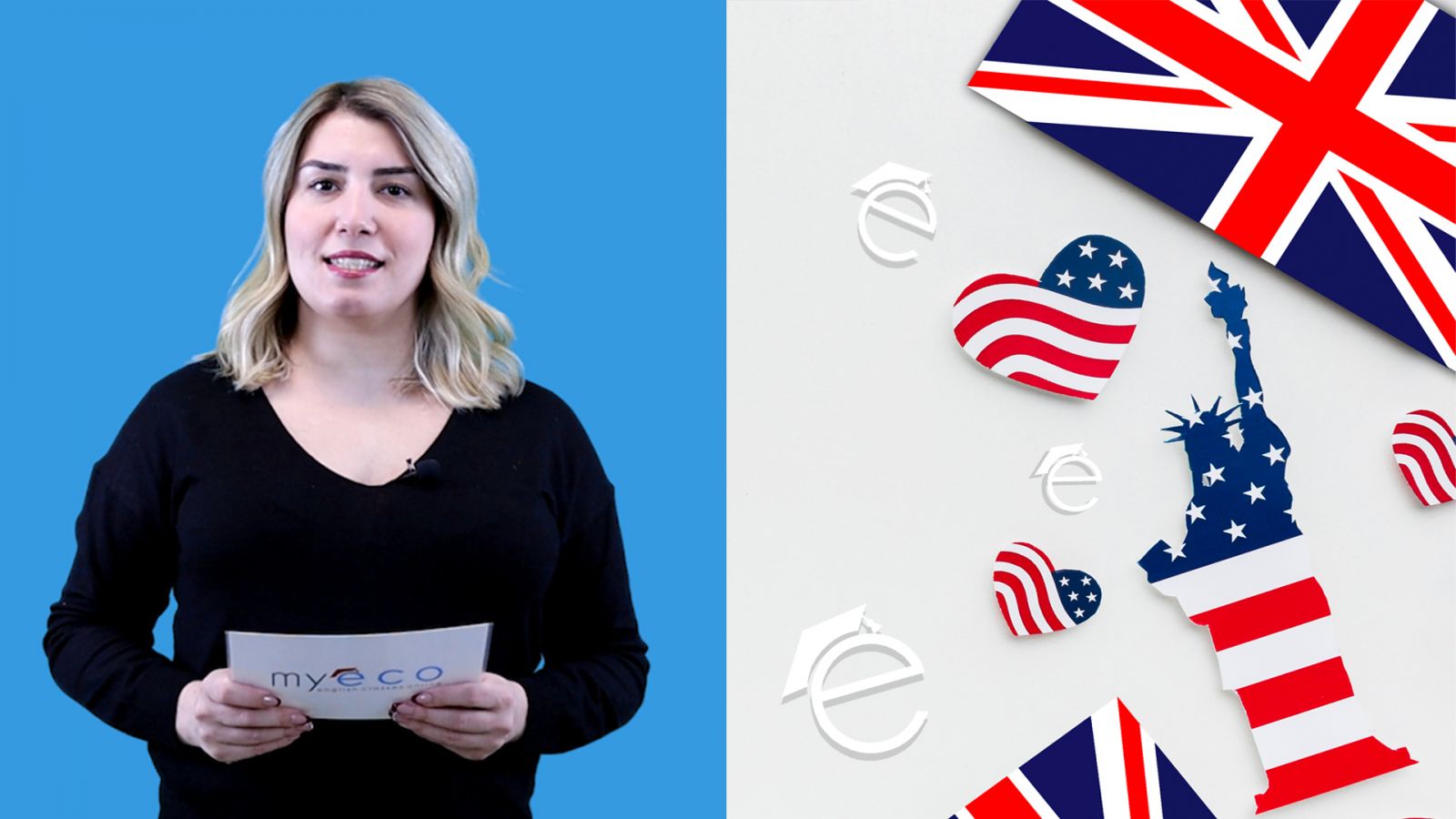Countable Nouns
- Characteristics: They have singular and plural forms.
- Examples: apple, car, book
- Usage:
- Singular: Use "a" or "an" (a book, an apple).
- Plural: Add "-s" or "-es" (two books, three apples).
- Quantified using numbers (one car, two cars).
Uncountable Nouns
- Characteristics: They are used in the singular form and do not have a plural form.
- Examples: water, rice, information
- Usage:
- Use "some" or "any" to indicate an unspecified amount (some water, any rice).
- Use measurement units to specify quantity (a glass of water, a piece of information).
Expressions to Indicate Quantity
-
For Countable Nouns:
- Few, a few: "There are a few apples left."
- Many: "She has many books."
-
For Uncountable Nouns:
- Little, a little: "There is a little water in the glass."
- Much: "He doesn't have much money."
Common Uses
- Some and Any:
- Some: Used in positive sentences and offers (some milk, some chairs).
- Any: Used in negative sentences and questions (any milk, any chairs).
********* ********* ******** ********
Ücretsiz video derslerimiz aynı zamanda TEMEL İNGİLİZCE DİL BİLGİSİ kitabımızın konu anlatımlarıdır. Temel İngilizce Dil Bilgisi kitabımız ile bu videolara çalışarak İngilizce öğrenebilirsiniz.
Kitabı incelemek için aşağıdaki resme tıklayınız.
Temel Seviyede daha fazla ve farklı video dersler izlemek, daha fazla soru çözmek ve online aktiviteler yapmak için aşağıdaki kursumuzu inceleyiniz. (Resme tıklayınız.)










